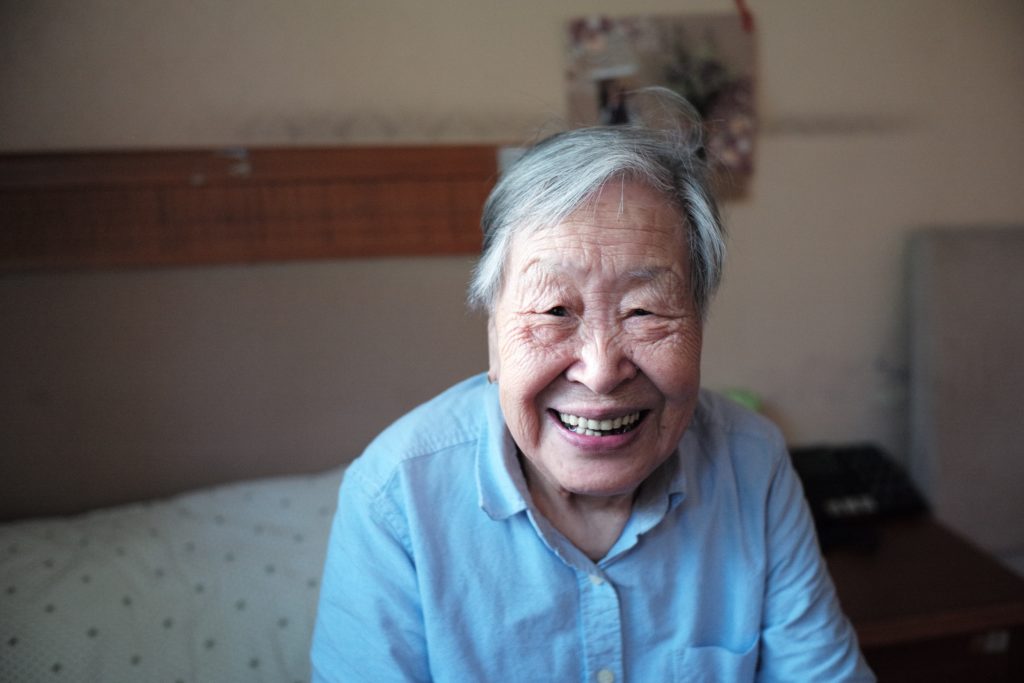5 Things to Know Before Visiting Your Loved One
The holidays provide a perfect opportunity to visit loved ones who reside in long-term care facilities or nursing homes. It is also a good time to evaluate the quality of the care being provided by the facility as well as the adequacy of the staff rendering patient care. Before visiting your loved one in the nursing home this season, here is what you need to know:

- Know your loved one’s care plan.
- Once admitted into a nursing home, all patients are required to undergo a head-to-toe assessment in order to develop their individualized care plan. A patient’s care plan will often be updated to accommodate changes in medical conditions or care needs. The care plan covers everything from the level of assistance a patient requires with walking or transfers, to their diet order. When visiting over the holiday, it’s a good idea to ask the facility’s Director of Nursing to review your loved one’s care plan. This is a good way to see how your loved one is progressing at the facility in general. Also, knowing what’s in your loved one’s care plan makes it easier to evaluate the level of care they are receiving.
- Know what to expect.
- If your loved one is prone to skin breakdown, which occurs when pressure over bony prominences like the spine or heals is not relieved or redistributed in a timely fashion, the standard of care may require that they are placed on a regimented turn schedule to avoid the development of a pressure sore. Typically, a turn schedule would require such patients be turned every two hours in a bed, or every hour in a chair, especially if the patient is physically unable to reposition themselves. If you see from the care plan that your loved one is on a turn schedule, but don’t see a member of the direct care nursing staff turn them during your visit, this should be addressed immediately with the nursing staff, including the Director of Nursing or the facility’s administrator. You should also take time to personally examine the integrity of your loved one’s skin, particularly in areas that are in frequent contact with the bed or wheelchair. Pressure sores can progress rapidly and early detection is critical to healing and avoiding life-threatening infections like sepsis or osteomyelitis.
- Follow up.
- If you submit a written, dated complaint about any form of abuse or neglect, make sure the problem has stopped by following up with the person you reported it to. Also, make it a point to raise your concerns in a care-plan meeting with the members of the nursing staff and administration. If these actions are unsuccessful in eliminating the abuse or neglect, residents and their loved ones can contact the Virginia Department of Health for nursing home cases and the Virginia Department of Social Services for assisted living facilities.
- Do your homework.
- While it’s important to check the Virginia Department of Health website to review inspection reports before selecting a nursing home, it’s just as vital to continue to review those reports after a loved one has taken up residence. These reports can expose systemic problems in the facility, as well as inform any suspicions you may have about common issues like inadequate staffing, overmedication, neglect or failure to respond to a request for assistance.
- Know your rights.
- Most nursing homes receive Medicare funding, which requires them to meet certain federal regulations. Those include honoring patient rights, like caring “for each resident in a manner and in an environment that promotes maintenance or enhancement of his or her quality of life, recognizing each resident’s individuality.
The decision to place your loved one in a nursing home is a difficult one, and one that requires research and constant evaluation. It’s important to remember that many nursing homes have reputations that reflect individualized, appropriate care. However, the potential dangers are also real, providing extra incentive to monitor your loved ones, especially around the holidays.
Learn more about what to look for when visiting a loved one at the nursing home by watching Richmond attorney and firm partner, Derrick L. Walker, explain his insights on Virginia This Morning on CBS 6:



